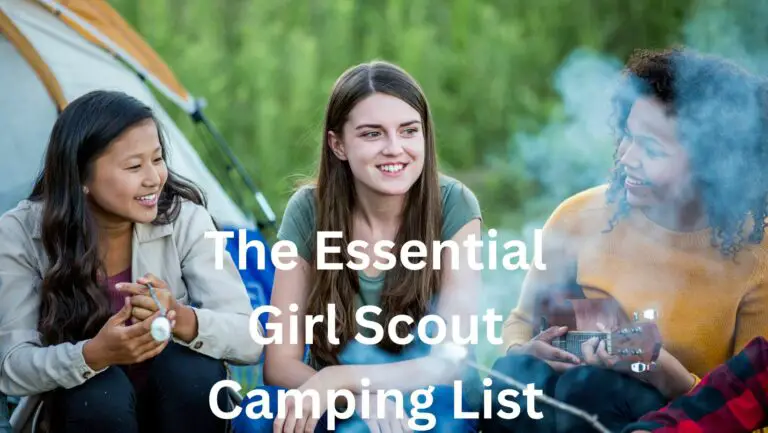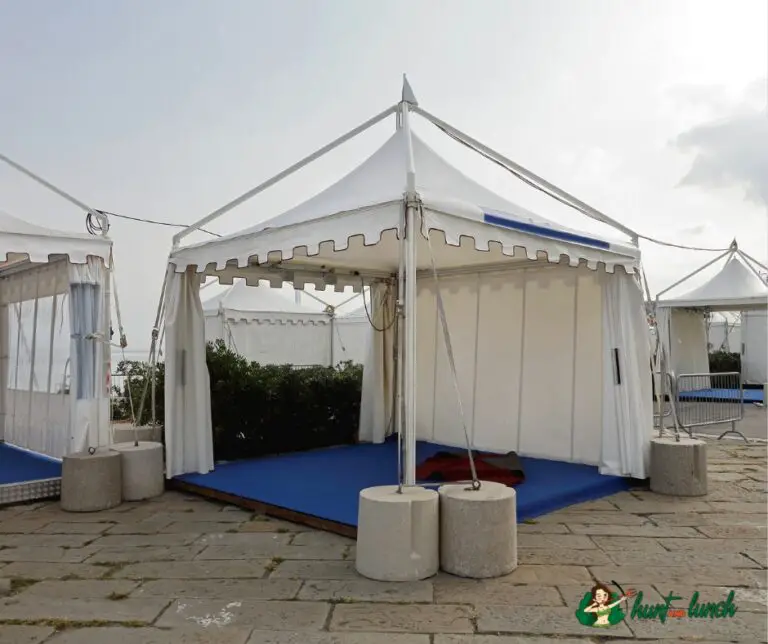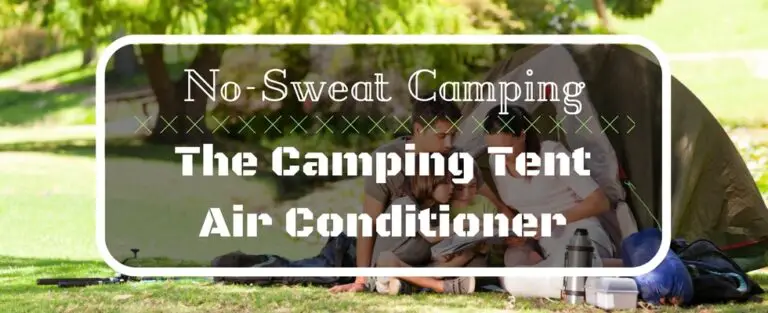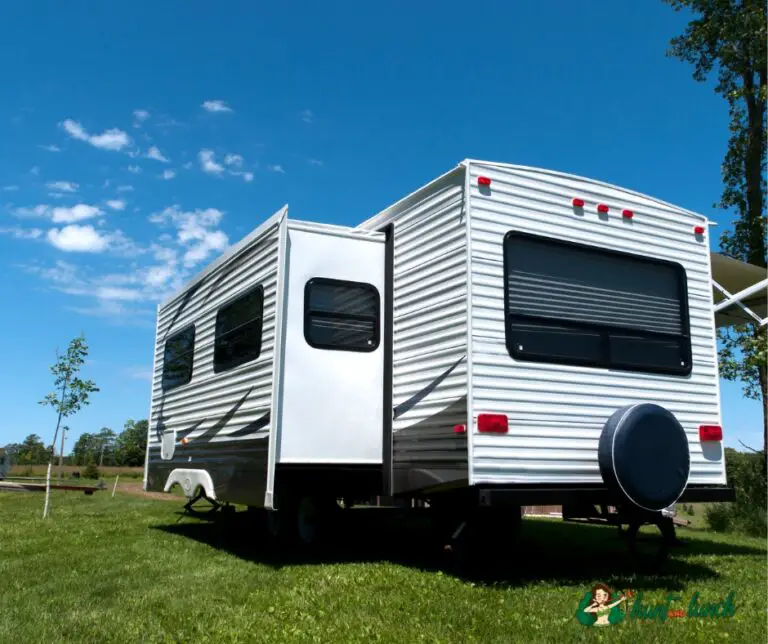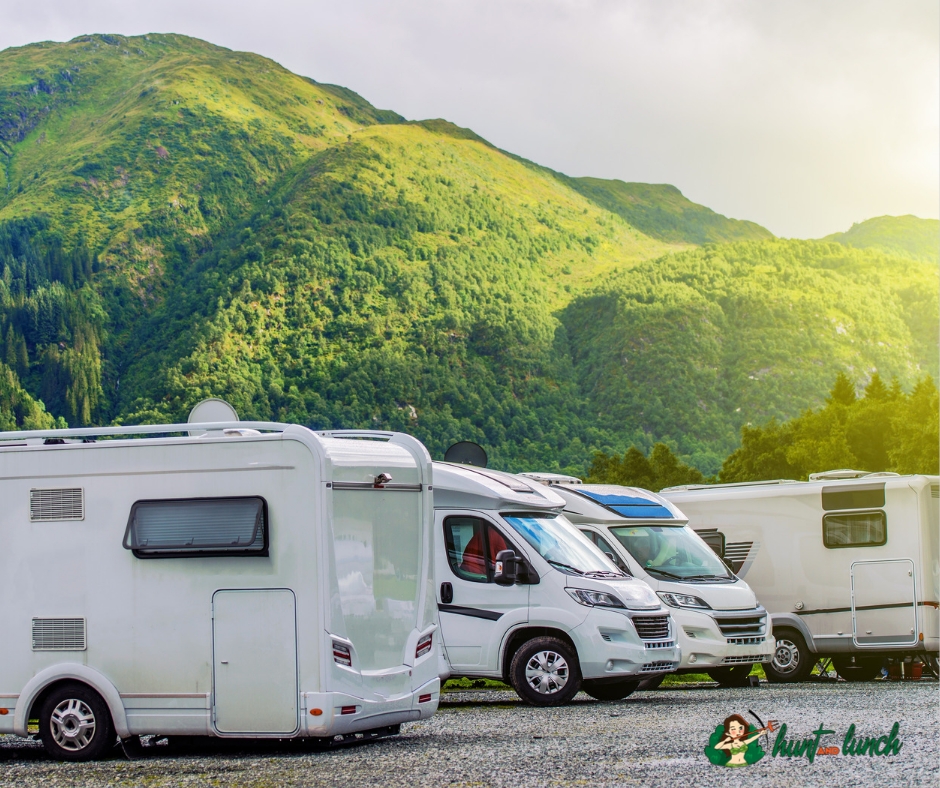
New Zealand is a fantastic place to explore, and it’s easy to do with a campervan or motorhome. But where can you park your camper? The short answer is: just about anywhere! However, some rules and regulations exist, so make sure you know the ins and outs before parking in your vehicle.
New Zealand’s Freedom Camping
Freedom camping is the act of camping without paying for a campsite. It’s only sometimes allowed, so make sure you check the rules before you go. In some places, freedom camping is permitted at certain times and locations only, such as when there are no other options. In these situations, signs will tell you what’s allowed.
Freedom camping may also be banned entirely in some areas due to environmental concerns or lack of road space (for example: on holiday weekends). So make sure you check before setting up camp.
Rules of Freedom camping in New Zealand
Freedom camping is legal in New Zealand, but there are some rules. You can’t camp anywhere you want, and there are restrictions on where you can park your van.
Freedom camping is generally allowed in locations on public land unless signs expressly prohibit it. Always check with the local council before setting up camp to ensure that the area is safe and legal for parking your campervan. Being thoughtful when freedom camping will ensure everyone enjoys their trip without stress or disruption.
Park your van in a designated spot if the local council or DOC provides one. These spots are easy to get out of because they’re usually located near roads or other thoroughfares. Consider parking where there’s easy access so you can avoid running around looking for toilets and showers at night when all of this information might not be readily available!
Make sure it’s safe for yourself and others around you by choosing an area with minimal pedestrian traffic during the day, especially if children will play nearby after dark. If possible, avoid areas with large groups congregating late at night. This could mean crowds gathering around bonfires or loud music blasting from cars, as they may attract unwanted attention.
How to Freedom Camp Responsibly
Freedom camping is a great way to save money on your New Zealand road trip. Still, you need to keep in mind that it’s essential to respect the environment and other campers. You’ll want to take care of the beauty of this country, which means keeping your camping area tidy, avoiding fires in the regions that may damage vegetation or leave rubbish behind, and keeping generators under control after 11 pm.
Another thing you should consider when freedom camping is bringing pets with you. This can be difficult if your car has limited or no space. It might be best for everyone involved if you leave Fido at home while traveling around.
Department of Conservation sites
Department of Conservation sites are usually accessible, but some may have a fee. They typically have toilets, water, and showers. Some have dump points and camping areas with cooking facilities. Some even have a campsite store where you can purchase food and other goods.
Local Council sites
Check with your local council for availability and cost. Some councils have a booking system, while others will give you the go-ahead to pay on arrival. A campervan-friendly policy is standard in New Zealand’s smaller towns, where many locals recognize how much of an economic benefit campervans provide to their communities.
Most councils have websites that list available sites, or you can contact them directly to find out what options are available at any given time.
Regional park campsites
Regional park campsites are another excellent option for campervan travelers to New Zealand. They tend to be on the cheaper price scale, and they’re often located in beautiful settings. Many parks have free campsites with no power or water, so it’s essential to do research ahead of time before choosing one.
Some regional parks have cabins or lodges, which can be rented out for a small fee by calling the regional park directly. These accommodations range from basic little huts with bunk beds and shared bathrooms with no showers to modern suites with kitchens and private baths. These places are worth considering if you’re traveling with friends or family members who prefer a little more comfort than others.
Holiday parks and Private campgrounds
Holiday Parks and Private campgrounds:
- Parking fees are usually charged.
- Campground facilities vary from park to park. Still, generally, the facilities listed below are available at most parks: Power (240 volts, water (cold and hot), Sewerage disposal point (dump station), Wi-Fi access in some areas of the garden or campground, or at the office/reception area only. Check with staff before purchasing equipment if you wish to use Wi-Fi during your stay.
Tips for Parking a Campervan in New Zealand
Know the freedom camping laws
Freedom camping is a big part of the campervan experience in New Zealand. You can find free campsites around the country, and most are pretty nice. However, you will need to do your research before you head out into the wilds and make sure that freedom camping is allowed at each location you plan on staying at.
Freedom camping laws vary from region to region in NZ. Hence, travelers need to familiarize themselves with their rights and responsibilities regarding freedom camping in New Zealand.
Park where it’s easy to get out of
When you park your campervan, choose a location that is easy to get out of. First off, park on a flat surface. Level ground is preferable, but if it’s unavailable or there aren’t any campsites around, you can always use the parking brake (which most vans have) or tie-down straps to keep your van from rolling down an incline.
You should also park on hard surfaces; concrete is best, and asphalt is second-best. Avoid soft surfaces like dirt or sand and muddy areas. When you choose where to sleep overnight, look for well-lit areas with plenty of space between buildings and busy roads so that people aren’t walking past late at night when trying to get some shut-eye.
Park in designated spots for motorhomes where available
Park in designated spots for motorhomes where available. You can also park your campervan on the street, but be sure to find a site that’s safe, quiet, and well out of the way of any other vehicles or pedestrians.
Remember that some key cities like Auckland have restrictions on how long you can stay parked in one spot, so check out the parking rules before you leave.
Conclusion
From experience, freedom camping is one of the best ways to see New Zealand. Still, it can also be difficult if you’re unfamiliar with the rules and regulations. Knowing where there are good places to park overnight and which ones will attract fines from local councils, you can ensure your trip goes smoothly.

I’m Cindy, a free-spirited outdoor enthusiast. Since childhood, Our family frequently goes on weekend camps and my father, who was a skilled hunter, used to teach my siblings and me valuable things about wildlife survival. I made this blog to share my knowledge, experiences, and tips.

